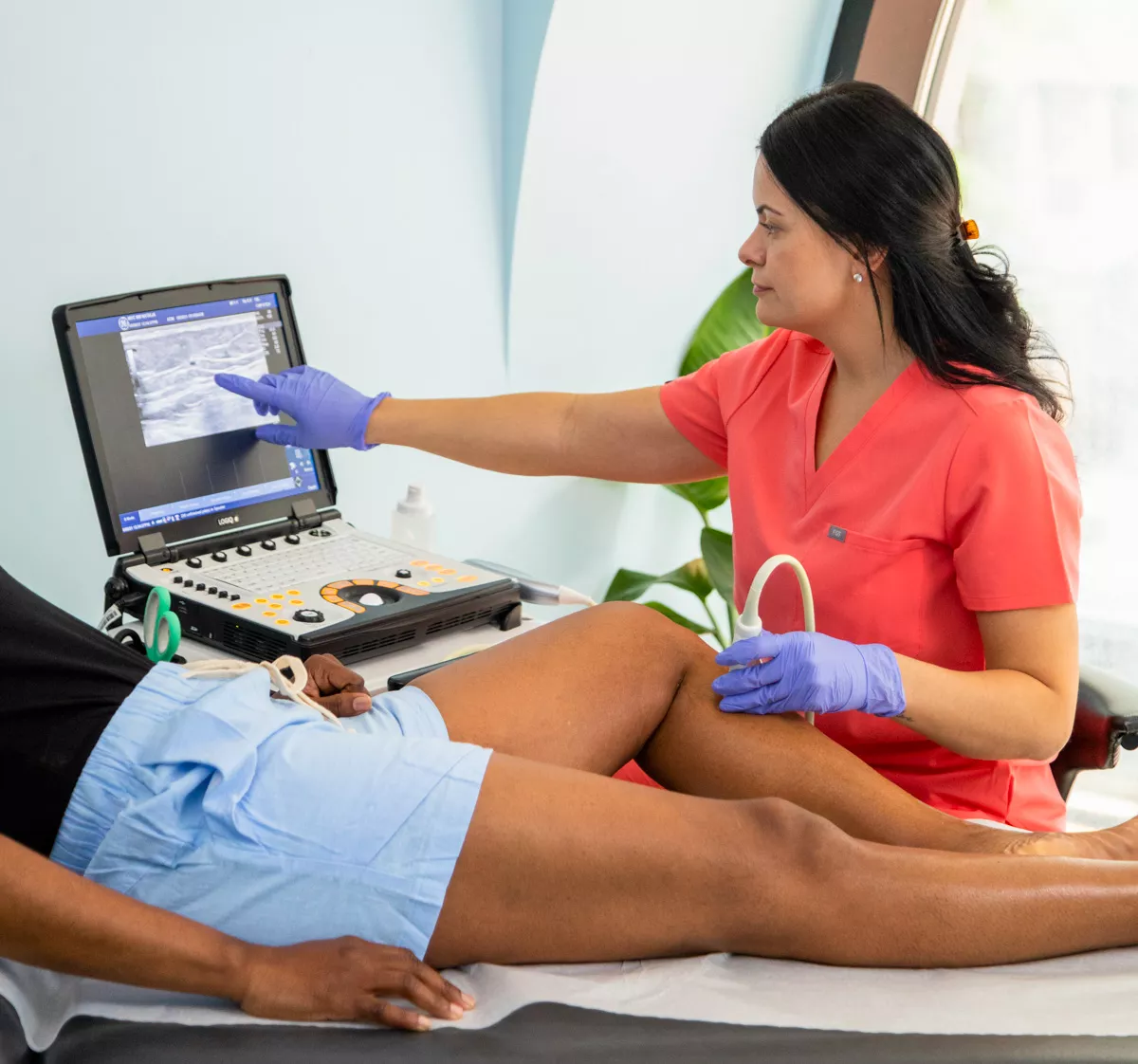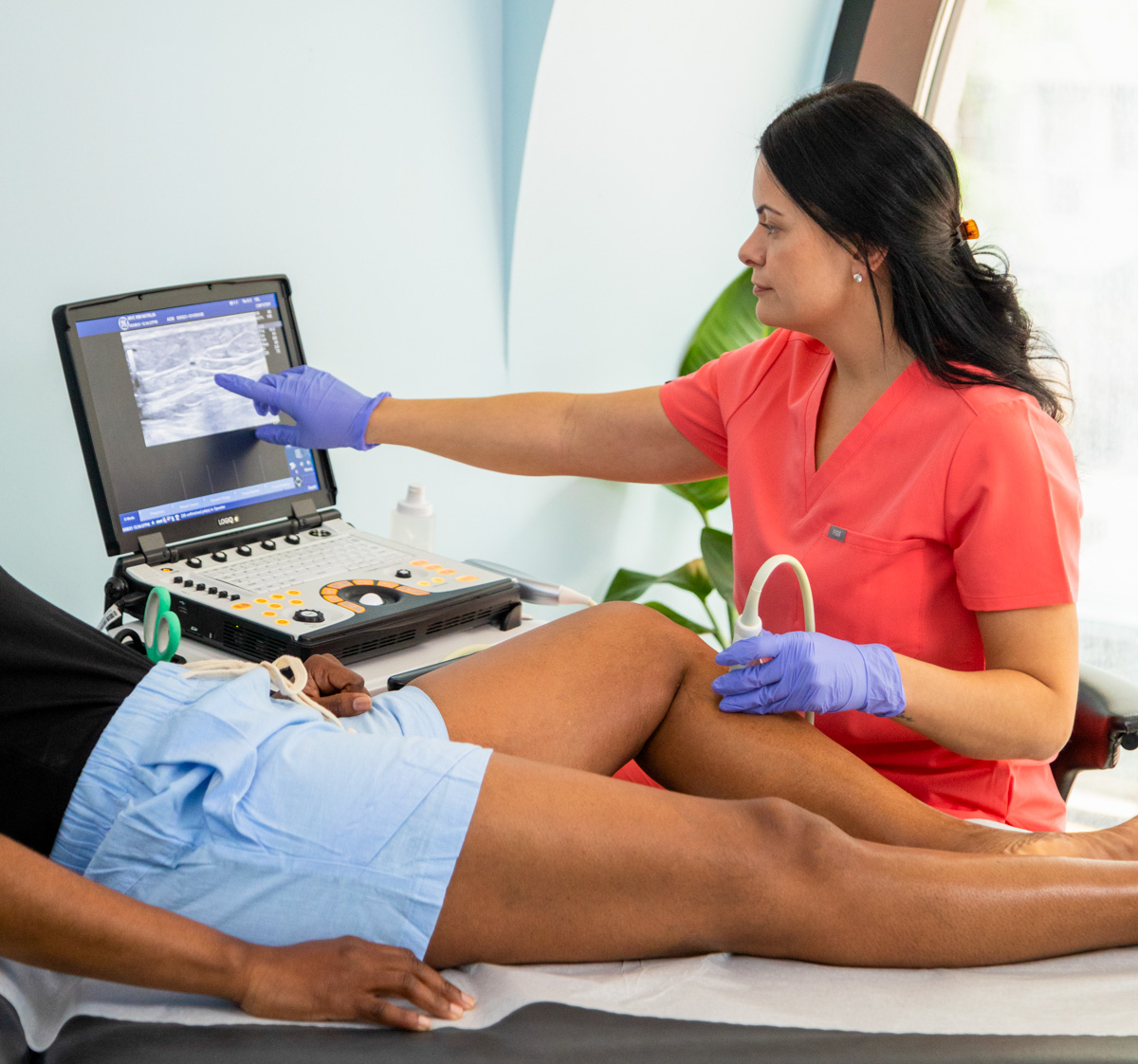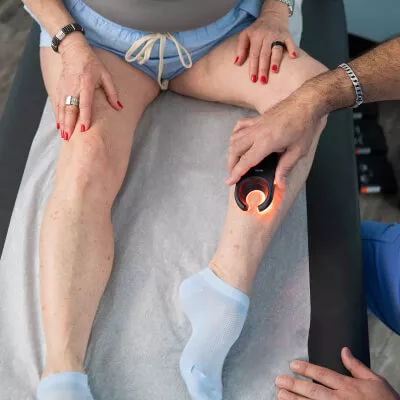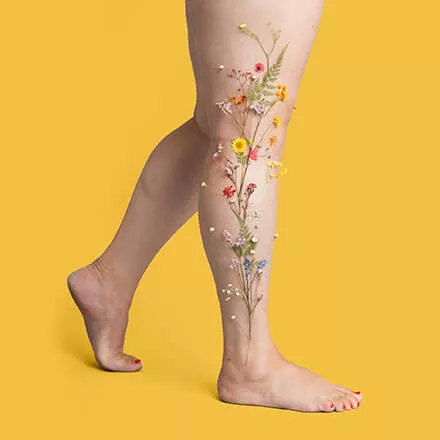Venous Insufficiency, also referred to as Chronic Venous Insufficiency, is a common disorder characterized by poor blood flow in the veins. This poor circulation causes blood to pool up in your lower extremities. With extra fluid where it shouldn't be, legs become swollen, discolored, and tender.
Venous insufficiency occurs when the one-way valves in the veins weaken (pictured below) and circulation slows or comes to a halt.
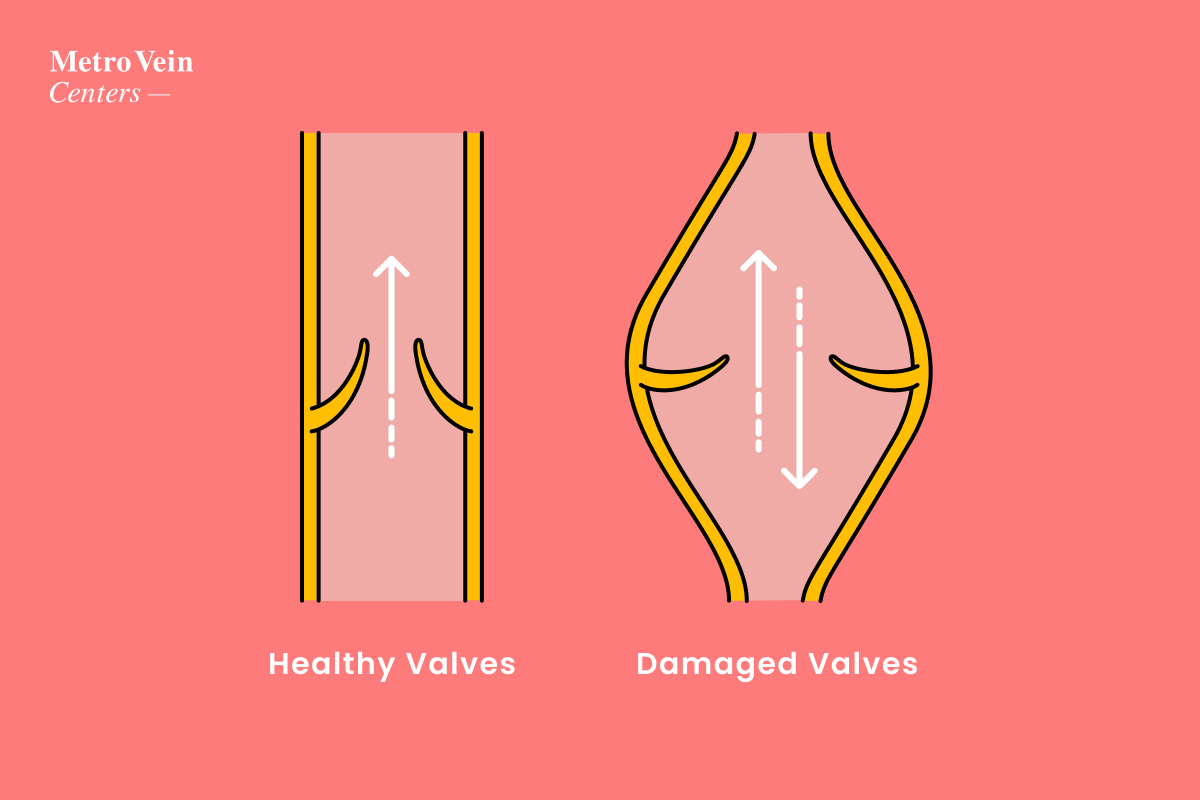
For those suffering from venous insufficiency, there's an increased risk for a blood clot, a complete blockage of healthy blood traveling up to the heart.
Who's at Risk for Venous Insufficiency?
According to a study published in the peer-reviewed journal Annals of Epidemiology, it's estimated that 40% of women and 17% of males suffer from chronic venous insufficiency.
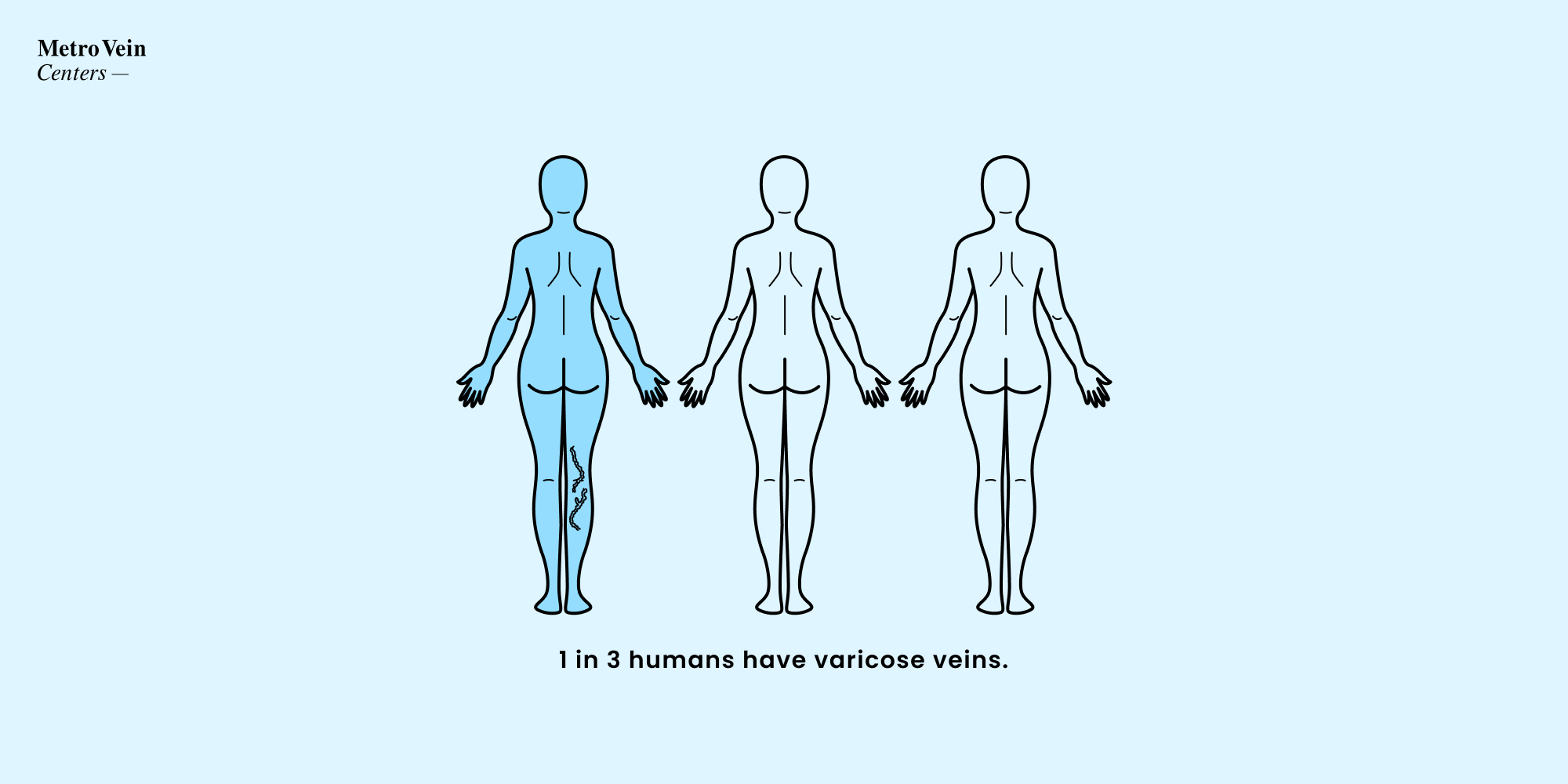
Even more people have varicose veins, a common sign of poor vascular health, with up to 80% of adults reporting that they have varicose or spider veins (another symptom of CVI).
The 8 Risk Factors for Venous Insufficiency
You're more likely to develop venous insufficiency if you are:
1. Over the Age of 50
As we grow older, the walls of our veins tend to weaken. This prevents them from transporting blood back to the heart efficiently. Vein doctors find that individuals over age 50 are at higher risk for venous insufficiency.
2. Sit, Stand, or Lay for Long Periods of Time
People who work in jobs that require lengthy periods of sitting or standing like office workers, factory line workers, baristas, teachers, are at increased risk of venous insufficiency.
Vein clinic doctors recommend that people change their habits for at least a few minutes each hour: If standing all day, raise your feet above head level; if sitting or laying down all day, get up for a brief walk at least once per hour to keep blood moving effectively.
3. Overweight or obese
Carrying excess weight places more stress on your vascular system, which forces veins to work harder at pumping blood. In turn, your stressed valves are more likely to malfunction, causing blood to pool in the extremities.
Vascular surgeons may recommend that you lose weight before or after varicose vein treatment to reduce the risk of future vein problems.
4. Family History of Venous Disease
Genetic risk factors may make you more likely to develop varicose veins. Scientists have uncovered certain genes that are associated with weaker valves, and if you have family members who already suffer from CVI, you have a higher risk of venous insufficiency.
5. Female (Women are More Prone)
Women tend to report higher incidences of venous insufficiency. Indeed, women make up a greater percentage of patients at vein clinics than men.
Although the underlying reasons for this aren't fully clear, hormonal changes--including supplements, replacement therapy, pregnancy, and menopause--can affect the strong walls of the veins.
Women should be extra vigilant about signs of venous insufficiency, and should seek out a vein doctor with any concerns.
6. Frequent or Long-Time Smoker
In addition to affecting the lungs and heart, smoking reduces vein health and strength. The weakening of vein walls means smokers have a significantly higher risk of venous insufficiency.
7. Pregnant
Evidence shows that pregnancy, and the additional pressures on the pelvic floor and legs that come with carrying multiple children, is a big factor impacting risks of CVI.
Pregnant people often develop varicose veins in the legs and pelvic area due to this inflammation and swelling, and the risk of venous insufficiency rises with each additional pregnancy a woman undergoes.
8. Sedantary or Inactive
We need to maintain a minimum level of movement to keep our bodies healthy and our blood pumping effectively. People with a sedentary lifestyle are more likely to develop venous insufficiency, even if they maintain a healthy weight.
Lack of movement or repetitive strain deeply impacts your chances of developing chronic venous insufficiency.
Understanding the risk factors associated with venous insufficiency can help you not only be safe and healthy, but feel better and look better.
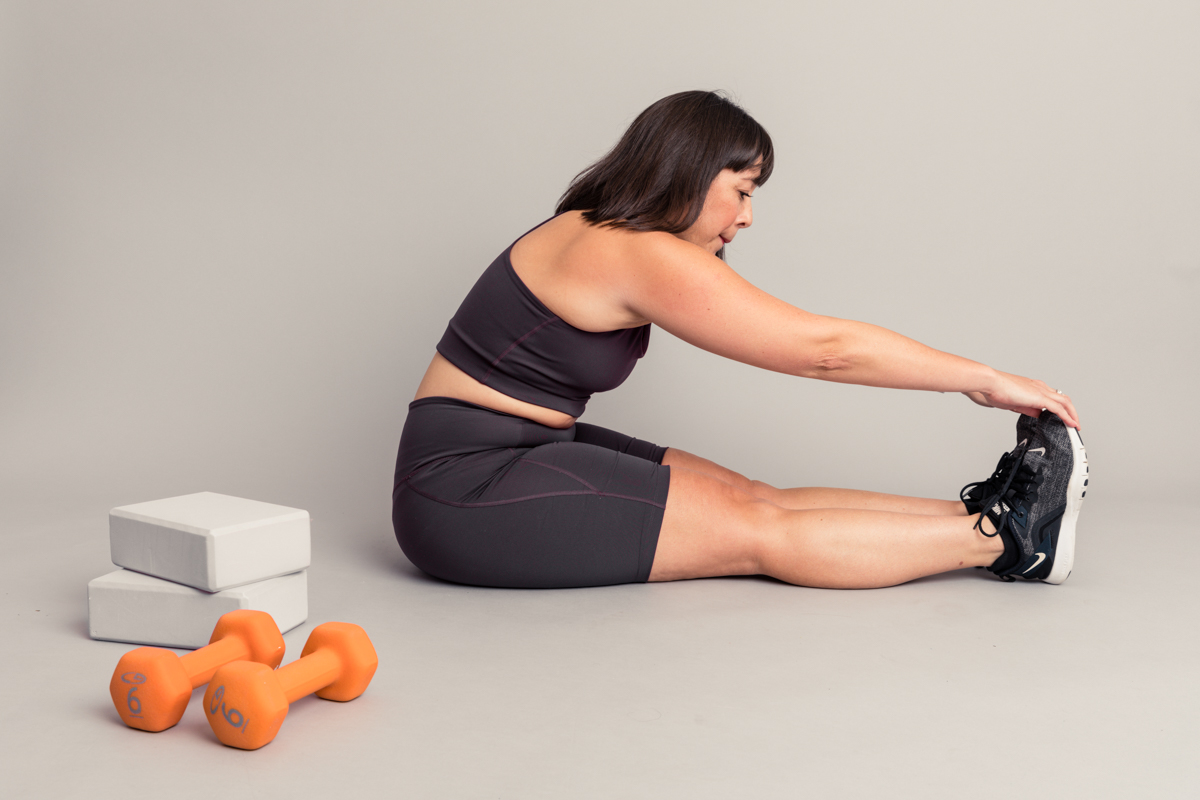
The Good News: Treatment is Available
The best way to treat chronic venous insufficiency is to be proactive, though luckily, there are also several treatment options available for damaged veins. Before you feel pain or notice your legs are painful, discolored, and inflamed, a consultation with a board-certified vein surgeon or vein doctor at one of our Metro Vein Centers offices is highly recommended. This way, we can go over your legs and explain your risk factors before you're worried or symptoms increase.
If you already suspect you're suffering from CVI, schedule a consultation at Metro Vein Centers, and we'll explain the treatment options best for you. These treatments are all minimally invasive, with little downtime.
In addition to preventative lifestyle changes, there are several FDA-approved venous insufficiency treatments, including endovenous laser ablation, radiofrequency ablation, and microphlebectomy, among others.
The Worst Thing for Venous Insufficiency? Doing Nothing at All
The only way to get real answers about venous insufficiency is to see a medical professional who can understand and evaluate your vein health. If you fit into multiple categories in our list above, contact Metro Vein Centers right away.
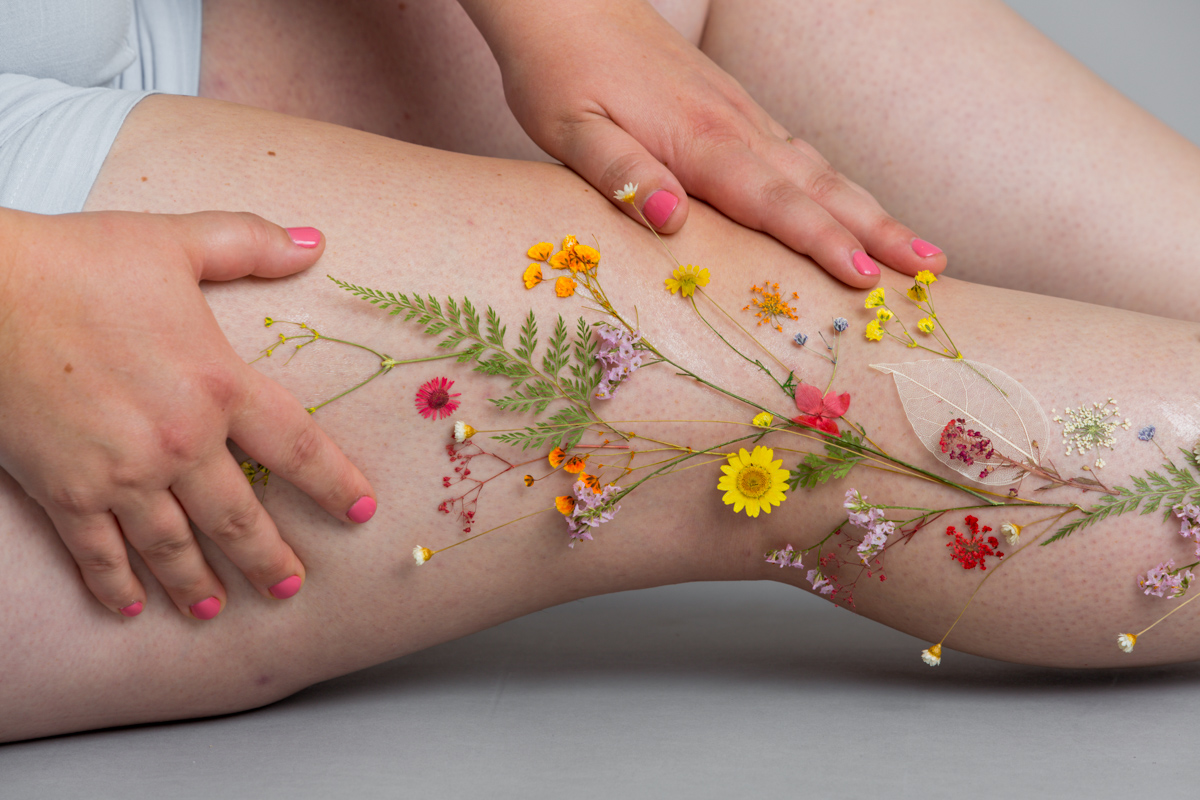
Call Metro Vein Centers at 888-660-3494 to make your complimentary appointment now, and we'll answer all your questions about vein health.
We accept over 200 insurance plans, and over 97% of our vein treatments are covered by insurance! We look forward to meeting you!
Discover your best legs at Metro Vein Centers - Schedule your first visit
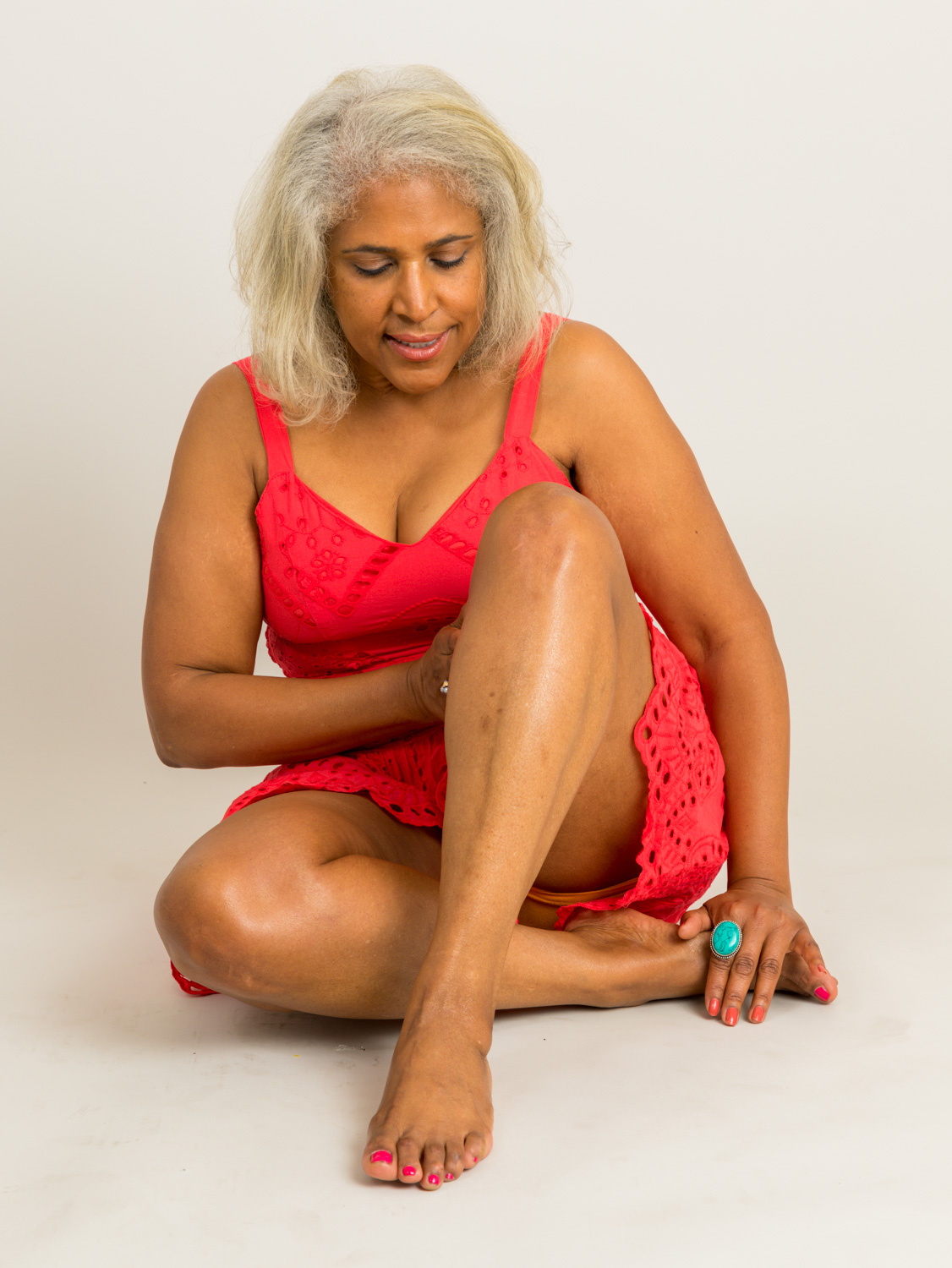

Dr. Philip LoPresti
Meet Dr. Philip LoPresti DO, DABVLM, FACS, a board-certified vein specialist and surgeon with over 20 years of experience. Schedule an appointment with him in Queens, NY today.
Meet Dr. Philip LoPresti
Trusted insight from the nationally accredited, board-certified vein doctors at Metro Vein Centers.


